Connections Festival 2025 at the National Theatre
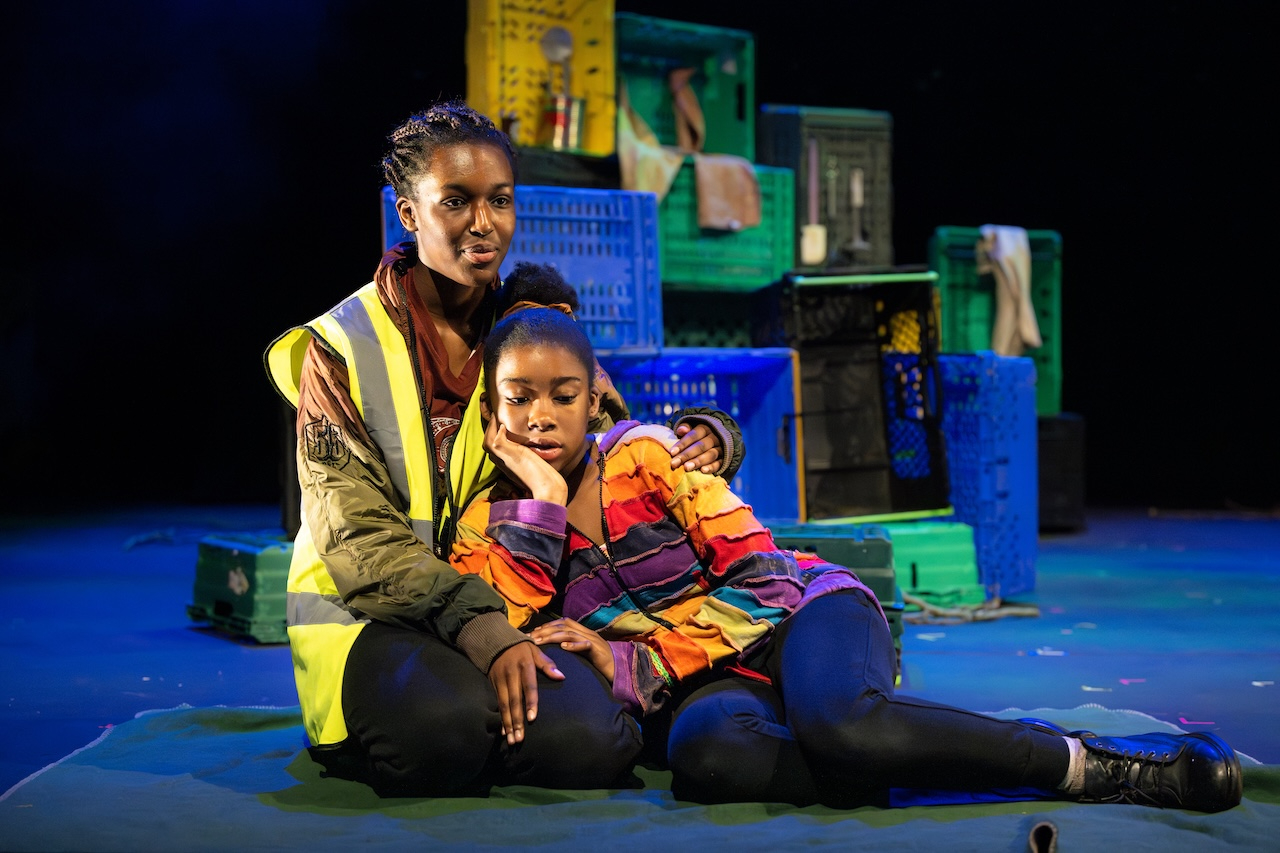
Celebrating its 30th milestone anniversary, the National Theatre’s Connections Festival returns with an exciting showcase of new writing, amplifying the raw talent and urgent potential of youth theatre from across the UK.
Since its inception, the festival has served as a launchpad for rising stars. The programme’s alumni include notable actors Keira Knightley and John Boyega, alongside successful playwrights such as Jack Thorne and James Graham, who got their professional writing starts with Connections.
Each year, the festival commissions ten new plays from leading UK playwrights, written specifically for young people aged between 13 and 19 to perform. Ditching patronising tropes often seen in youth stories, these are plays created not just about young people, but crucially, with them. They hand the mic over to the teenagers entirely, allowing the messy, bracing chaos of modern adolescence to be told with unfiltered honesty.
This year’s lineup stays true to this spirit. The plays confront the full spectrum of what it’s like growing up today – not just the glaring examples of political upheaval and climate anxiety, but also the quieter, more personal reckonings: the grief of lost childhood innocence, the crushing weight of loneliness amidst our hyper-connected digital age, and the exhausting work of holding onto hope when the future feels increasingly unstable. Nothing is off-limits as these plays capture a generation simply trying to make sense of it all.
In Jane Bodie’s The Company of Trees, performed by Hamilton District Youth Theatre, the desperate need to connect and pressure to conform in an age of digitally curated identities takes centre stage. The story follows Willow, a nature-loving outsider who finds herself targeted by the school’s “popular gang”. But when their ringleader, Taylor, suffers a freak gymnastic accident, leaving her hospital-bound, the viral fallout injures her reputation. Her so-called friends and even boyfriend, Ash, stop visiting her – all but Willow, who she finds an unexpected lifeline in. Their bond deepens through hospital visits and nature walks – in moments where walls come down, and Willow opens up about her grief.
“Do you think plants will be cool one day?” Taylor asks Willow at one point, and in her reluctant embrace of Willow’s offline status and deep connection to the natural world, Taylor realises that social expectations no longer cage her. The script balances classic teen banter and emotional depth beautifully, though some key moments unfortunately get lost in vocal projection issues and overlapping dialogue. Elsewhere, contemporary soundtrack choices – like Calvin Harris’s Summer wedged into a transition scene – feel jarringly out of sync with the play’s serious moments, in this otherwise thoughtful production.
Exposing the harsh realities of migrant labour and modern-day slavery – as seen through the eyes of children caught in the crisis – is May Sumbwanyambe’s Their Name Is Joy, performed by NGA Theatre Company. The play’s urgency is especially felt in the wake of the UK government’s racist, anti-migrant rhetoric and hostile policies. Set on a Lincolnshire farm in the summer of 2019, the story begins with a group of young British casual labourers who have been strictly warned to stay away from the migrant workers stationed just beyond the farm. But when Kelly, the farm-owner’s daughter, ignores the rules and befriends Joy – smuggling her food and introducing her to video games – she faces cruel backlash from her stepbrother Saunders and his friends.
Sheltered until now, the privileged British labourers are awakened to the exploitation at the migrants’ camp, their childhood innocence shattering in real time as they are forced to confront prejudices instilled in them. A stronger build-up of tensions between the local children and migrant children could’ve heightened the play’s drama, and with such a large cast, some relationship dynamics felt a little unclear. But still, the young cast excels, with Kelly’s fierce protectiveness of Joy pulling audiences in. Simple but effective props – like a tent and a makeshift bin fire – bring the cosy rural setting to life, while playful moments like Kelly randomly belting out Nicki Minaj lyrics add lightness to a heavy-hitting plot.
Similarly exploring ideas of young people being shaken up by systemic injustice and feelings of helplessness is Danusia Samal’s Saba’s Swim, performed by Central Youth Theatre. Saba’s been having recurring bad dreams about swimming, unable to save those drowning around her, waves of their suffering washing over her. Frustrated by what feels like trivial pressures of exams in the face of all the bad things happening in the world, she struggles with this split reality. So much so that she walks out in the middle of her Maths GCSE paper and never returns, leaving her friends in the dark. Seven months later, it’s prom night, and Saba finally reaches out, leaving them cryptic letters in scavenger-hunt fashion. Clues that will pull her friends closer to uncovering why she disappeared.
The movement direction is beautifully deployed in this – the choreography of Saba’s dream sequences stand out, her friends moving in unison around her, arms flowing like waves. The chemistry between the cast shines through, as even heated arguments carry believable tension. From Carla, the well-meaning rich girl who is comically out of touch, to Walid, whose brooding exterior masks deeper struggles, the young performers deliver flawlessly. The script’s power lies in pushing past Saba, tackling complex conversations of privilege within the friend group’s differing class and racial backgrounds.
This year’s selection of plays doesn’t ask easy questions because young people aren’t living in an easy world. They tell stories that empower them to challenge norms, go against the grain and lean on each other when things get too heavy.
Ruweyda Sheik Ali
Photo: Their Name is Joy by NGA Theatre Company/Foteini Christofilopoulou
Connections Festival 2025 is at the National Theatre from 24th until 28th June 2025. For further information or to book visit the theatre’s website here.

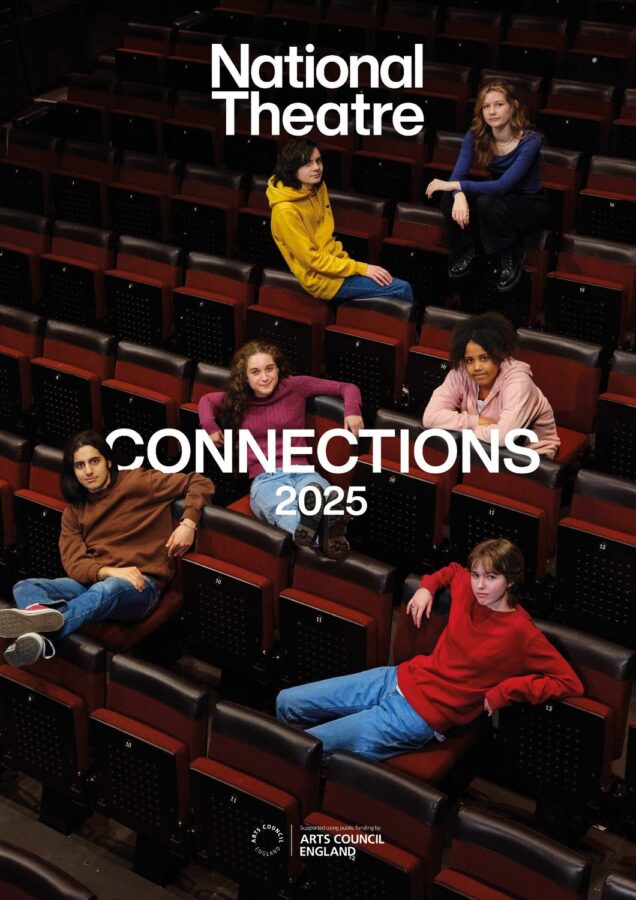
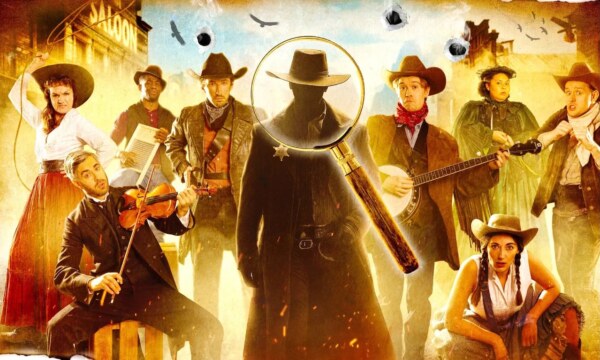
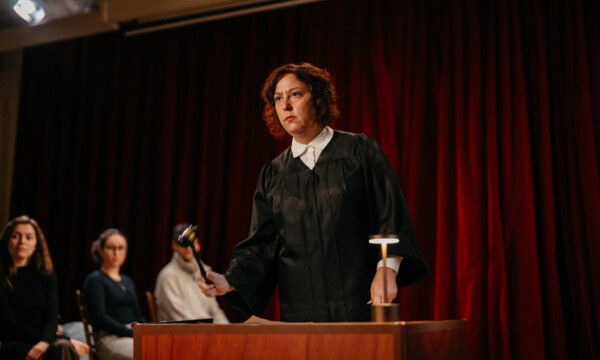
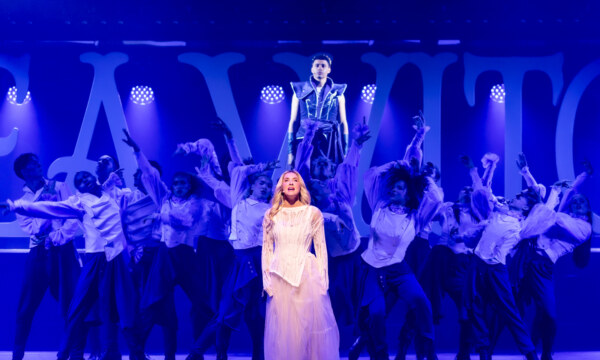
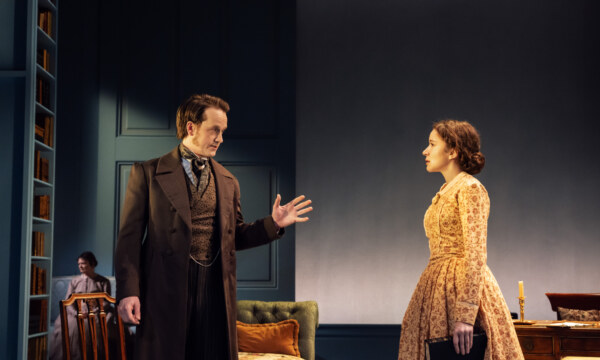


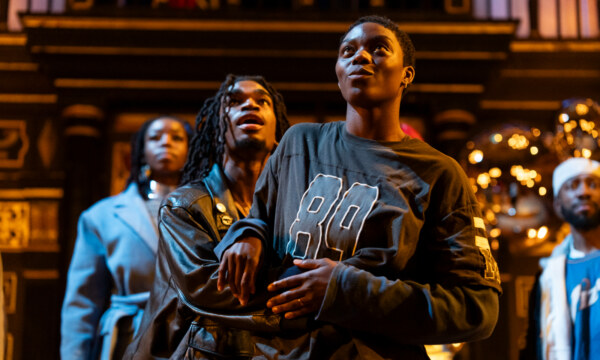

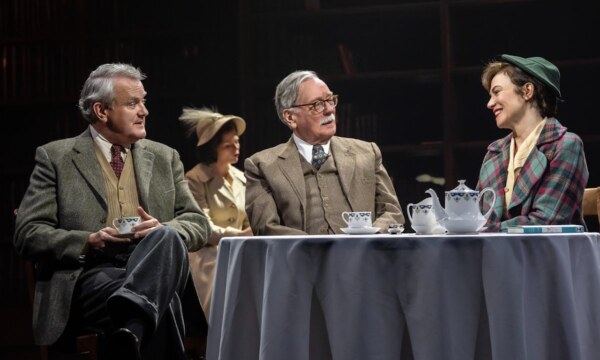






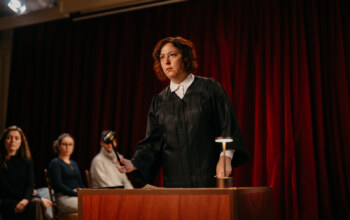




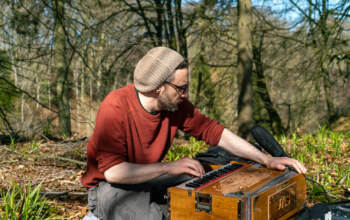
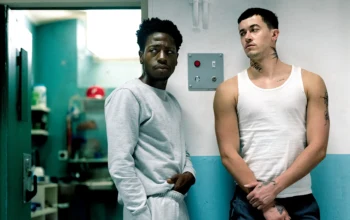

Facebook
Twitter
Instagram
YouTube
RSS